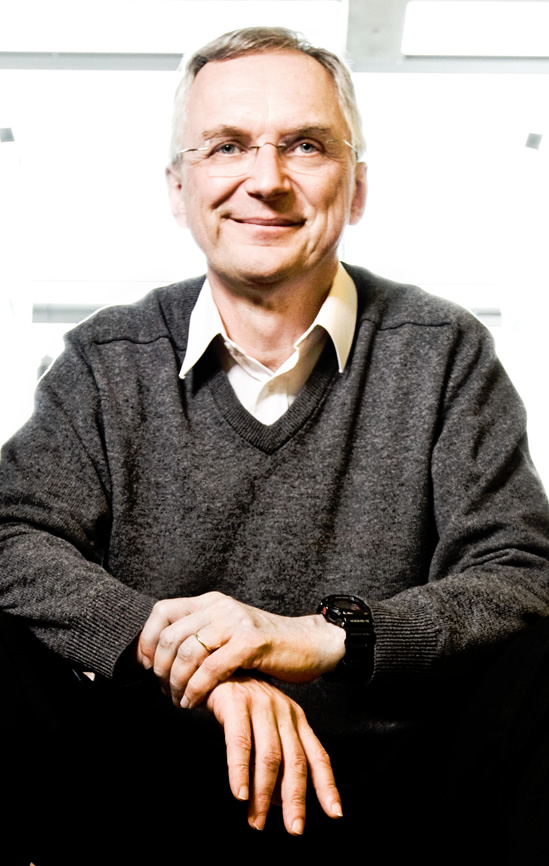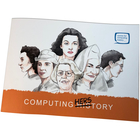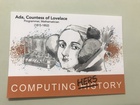Andy Hopper
|
Andy Hopper Andrew Hopper CBE FRS FREng FIET was born in Warsaw, Poland in 1953. He is the Professor of Computer Technology and Head of the University of Cambridge Computer Laboratory and an Honorary Fellow of Trinity Hall, Cambridge.
He studied computer technology at the Swansea University before going to the University of Cambridge Computer Laboratory and Trinity Hall, Cambridge in 1974 to start a PhD under the supervision of David Wheeler and was awarded his PhD in 1978. His PhD was in the field of communications networks and he worked with Maurice Wilkes on the creation of the Cambridge Ring and its successor, the Cambridge Fast Ring. The expertise gained in these networking projects put the Computer Laboratory at the forefront of research in chips for communications networks. The Cambridge Ring ran at 10 megabits per second and the Cambridge Fast Ring ran at 100 megabits per second (in 1980). The Cambridge Fast Ring was further developed into ATM. Since then Professor Andy Hopper has supervised approximately fifty PhD students. His research interests include multimedia systems, Virtual Network Computing and sentient computing. His most cited paper describes the indoor location system called the Active Badge. He has contributed to a discussion of the privacy challenges relating to surveillance. More recently, Hopper's research under the title Computing for the Future of the Planet examines the uses of computers for assuring the sustainability of the planet. Since 2005, Hopper has been a member of the advisory board of the Institute of Electronics, Communications and Information Technology at Queen's University Belfast. Since 2003, Hopper has been on the advisory board of Fraser Research.
Historical Timeline for Andy Hopper :
|
|






















